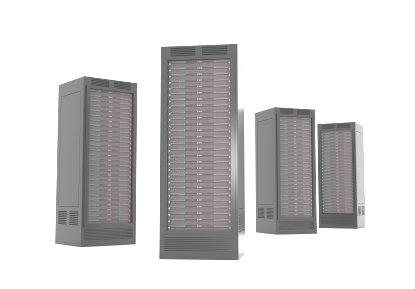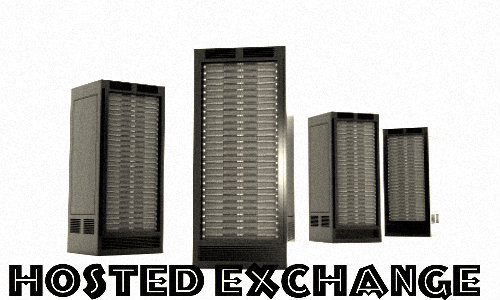Managed hosting can be a cost-effective solution for businesses of all sizes. It is particularly appealing because it limits the upfront costs as well as the ongoing overhead. At the same time, there are a handful of managed hosting expenses businesses must keep in mind when considering their hosting infrastructure options.
Initial Transfer of Data onto the Managed Server
The managed hosting expense which is overlooked most often is the initial data transfer process. Getting the server set up takes time and resources. While this expense is comparatively small, it should still be kept in mind to ensure a smooth transition to a managed hosting environment.
Some Tasks May Take Longer
There is a potential opportunity cost because some tasks may take longer than if the server was in-house. For example, if the server needs to be manually rebooted the client must contact the managed hosting provider and request the reboot. Depending upon the responsiveness of the service provider, this could take anywhere from several minutes to an hour or more. This is particularly important to keep in mind if the server is being used for business-critical activities.
Ongoing Costs Are Constant
Managed hosting is appealing because it eliminates the upfront costs associated with purchasing and setting up a server. On the flipside, it is important to remember the ongoing monthly costs remain constant. Over an extended period of time, managed hosting may prove to be more expensive than purchasing the hardware and software and setting it up in a managed colocation environment.
There May Be Software Limitations
Another potential opportunity cost of relying solely on managed hosting is software limitations. While this is rarely an issue, it is always something to keep in mind. Most managed hosting service providers have some restrictions on what languages the server supports. There may also be software limitations based on which operating system is installed on the server.
Some Settings Can’t be Changed
Depending upon the managed hosting provider, there may be some basic hardware and software settings which can’t be altered. While this is rarely an issue, it could affect the overall operating efficiency of the server which could drive up long-term operating costs.
Additional Fees
The final managed hosting cost to keep in mind is any additional fees which may be applied. These fees are typically tied to add-on services and will be explicitly stated in the service level agreement. The most common additional fees include premium charges for exceeding data transfer limits and requiring additional technical support. Not including day-to-day maintenance, many hosting providers place a limit on how much additional time is available for hands-on technical support.
There are a variety of scenarios in which managed hosting proves to be the most efficient and cost-effective solution. At the same time, it is always important to keep in mind the associated financial and opportunity costs. This is the only way to ensure managed hosting is the best solution in both the short-term and long-term.
About Guest Author
Ivan Valla educates his readers on the benefits of managed services, or colocation. He not only explains the benefits, but also the process and the costs involved, such as the article above.




